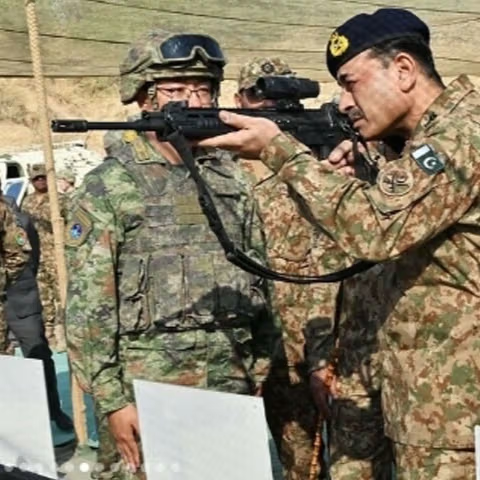The event, titled “Towards Unity and Trust,” will be the first public meeting of Afghanistan’s diverse political factions hosted in Pakistan since the Taliban’s return to power in 2021. It is organised by the South Asian Strategic Stability Institute in collaboration with Women for Afghanistan, which described the initiative as academic and trust-building rather than political.
According sources who spoke to Afghanistan International, participants will include Geneva-based Afghan envoy Nasir Ahmad Andisha; former economy minister Mustafa Mastoor; women’s rights activist and ex-MP Fawzia Koofi; Habib-ur-Rahman Hekmatyar son of Hizbe Islami leader; Hussein Yasa, spokesperson for the National Resistance Council for Salvation of Afghanistan; Zahra Joya, founder of Rukhshana Media; and Mawlawi Abdullah Qarluq, former governor of Takhar.
The Taliban and their allies have opposed the gathering, but sources said Islamabad has stressed that the group does not represent all Afghans. “This could mark a fundamental change in Pakistan’s stance, showing that Islamabad now wants to view Afghanistan not through the lens of one group, but as it really is,” one informed source told Afghanistan International.
Khalilzad Criticises Conference
Former US envoy to Afghanistan Zalmay Khalilzad criticised Pakistan’s hosting of the meeting, warning that some participants back the violent overthrow of the Taliban. On X, he called the move “immature, irresponsible and unfortunate,” describing it as a provocation that would deepen mistrust between Kabul and Islamabad.
He added he would view it the same way if the Taliban hosted Pakistanis seeking to topple their country’s military-led government.
Women’s Rights Groups Welcome Initiative
Fawzia Koofi welcomed the meeting, calling it an opportunity to build trust between Afghans and Pakistanis. She stressed the importance of including women, political figures and civil society in shaping Afghanistan’s future, noting that Afghan women live under “one of the most repressive realities in the world today.”
Responding indirectly to Khalilzad’s criticism, she wrote on X: “Some former diplomats object, is it because they want to be the architects of our country’s destiny forever? Isn’t it time to let us craft what is good for us?”
Taliban–Pakistan Relations Strained
The conference comes amid growing tension between Pakistan and the Afghan Taliban. Islamabad has accused Kabul of harbouring fighters from Tehreek-e-Taliban Pakistan (TTP), which has escalated cross-border attacks; claims the Taliban deny.

